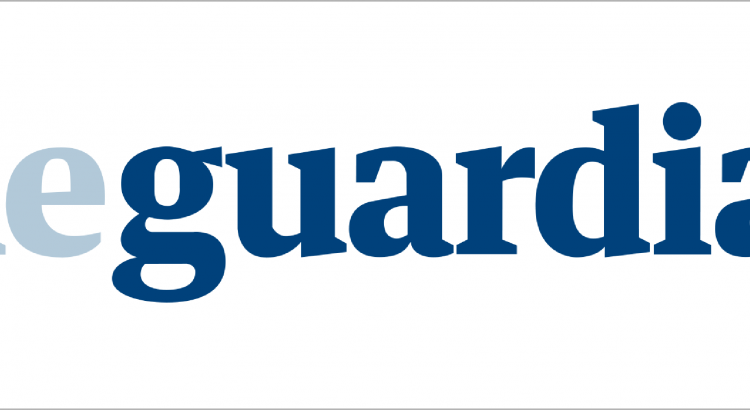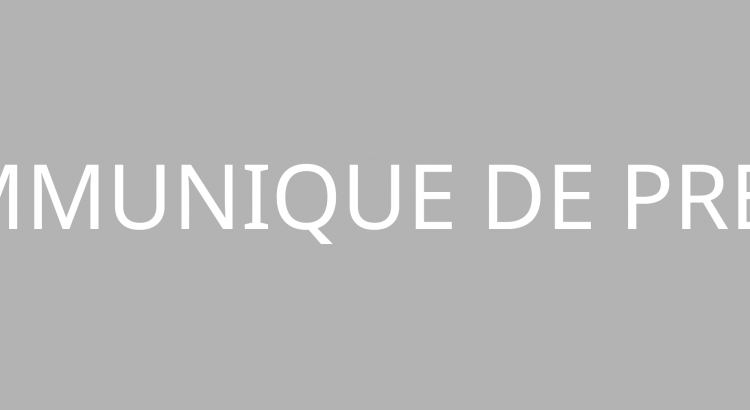« Tant que le président russe Vladimir Poutine reste au pouvoir, il restera la personne la plus riche du monde » – a déclaré Sergueï Pougatchev au correspondant du journal anglais The Guardian, Luke Harding dans sa première interview depuis son départ de la Grande Bretagne.
Pougatchev a ainsi souligné: « Tout ce qui appartient au territoire de la Fédération de Russie, Poutine pense que cela lui appartient – Gazprom, Rosneft, des sociétés privées. Vous ne pourrez pas le calculer. Il est la personne la plus riche du monde jusqu’à ce qu’il quitte le pouvoir. » « Après 14 ans au pouvoir [ce qui est le cas de Poutine], et en tenant compte de la somme d’argent que le pays a gagné et de la somme d’argent qui n’a pas été affectée aux écoles, aux routes et aux hôpitaux, etc.— tout cet argent a été investi dans l’immobilier, des comptes bancaires suisses, des actions et des fonds de couverture; tout pour Poutine et ses hommes de main. »
Pougatchev a ajouté que l’immense richesse de Poutine n’est pas un hasard, « Poutine voulait s’enrichir. C’était un homme pragmatique. Nous en avons parlé. Il ne voulait pas quitter sa fonction dans la pauvreté. »
Lisez l’article du journal anglais The Guardian dans son intégralité

